
Will AI define banking’s winners and losers?
The next five years will determine the industry’s AI adoption journey.
Early adopters could soon reap the benefits as they leap ahead of competitors; however, an analyst cautioned against the hype, particularly if it leads to poor investment decisions.
According to S&P Global Market Intelligence 451 Research, 54% of financial services companies had deployed AI initiatives, up from 40% a year earlier and ahead of the 46% average across all sectors.
However, the higher rate of deployment has also come with costs. The financial sector has a relatively high rate of AI project abandonment — 48%, compared with the industry average of 46%.
Traditional AI, such as supervised and unsupervised machine learning, remains at the heart of many financial institutions’ initiatives. Banks primarily use these models to simplify operations by replacing manual functions with systems that are less prone to errors and can learn from their performance.
AI capabilities are also enhancing fraud and risk management, allowing banks to analyse vast amounts of data and uncover patterns not visible to the human eye.
Newer technologies are also gaining ground. As of January 2025, about one-third of financial services companies reported using generative AI, up from 21% a year earlier and above the 27% average across other sectors. Banks are largely testing it on lower-risk internal use cases, such as generating synthetic data for testing and training or expanding process automation.
A similarly cautious approach is being taken with agentic AI, which can autonomously perform tasks, reason, predict, learn and adapt with limited human oversight.
While deployment varies by region, most AI applications remain internal. Nearly half of financial institutions are using or developing generative AI for operations, expanding automation beyond traditional robotic process automation (RPA) to handle more tasks autonomously. The shift aims to boost efficiency and accuracy — for example, in fraud prevention, where multimodal AI analyses voice, image, and transaction data to detect anomalies faster. Banks are also using generative AI for software development, accelerating coding and reducing project costs.
For customer-facing functions, chatbots remain the most common AI tool. Most banks, however, still use hybrid models that escalate complex queries to human agents.
According to S&P Global, the next three to five years will be a decisive phase of banks’ AI journey. During this period, AI will increasingly reshape financial institutions’ operations and competitive landscapes. Those that capture AI’s full benefits — across cost, efficiency, and revenue — could gain lasting advantages over rivals.
“Given banks’ decades of efficiency efforts and project management experience, we expect management teams to prudently allocate AI budgets and monitor returns. Banks that abandon those safeguards may face challenges in scaling AI solutions and increased pressure from both traditional competitors and more efficient new entrants like neobanks and fintechs,” S&P Global Ratings warned.











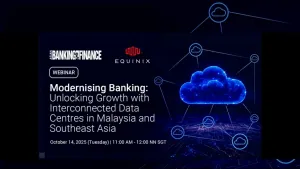
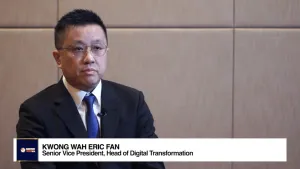

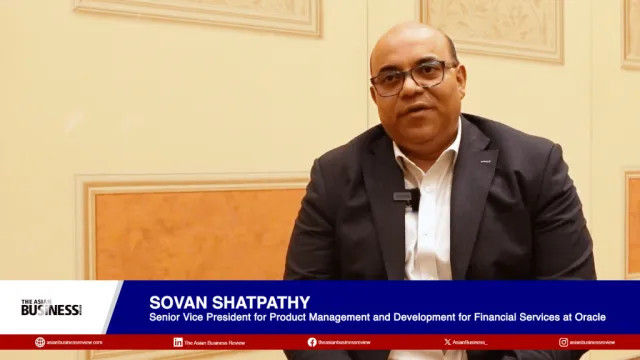
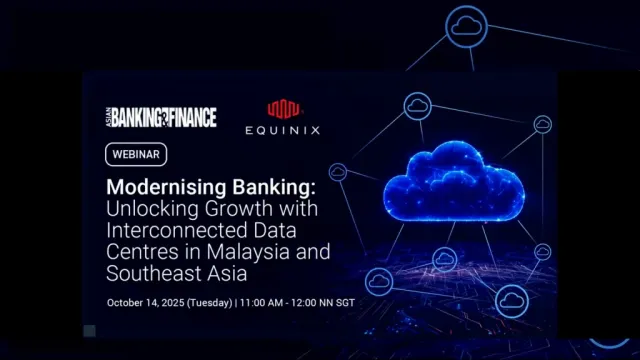

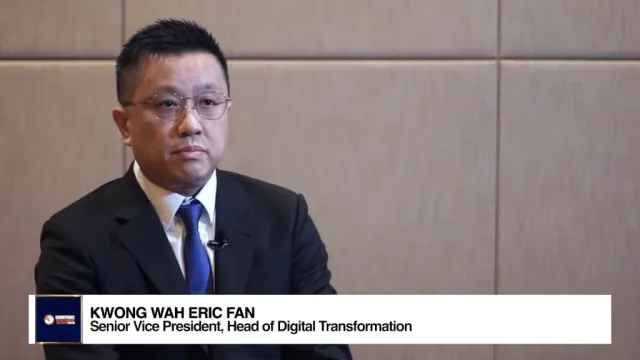

 Advertise
Advertise











